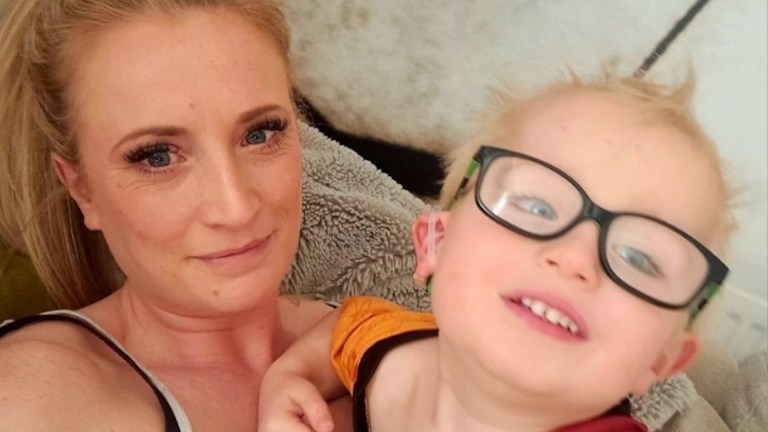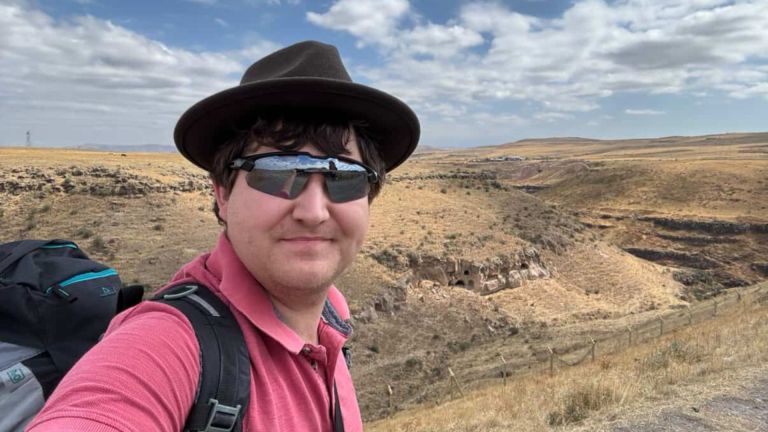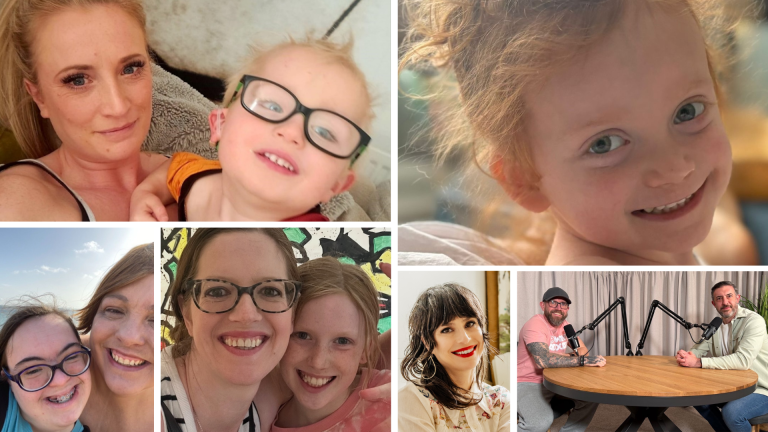“Immediately, the chains came off,” she said. “The guards had to sit outside the room and wear a mask when they came in. But I contracted four infections from the general lack of hygiene.”
In hospital, she wasn’t allowed access to money to buy food, was refused to be sent clothing and couldn’t see family or friends.
After three months in hospital, the prison medical team’s management and the prison director said they could manage Farah’s complex wound, and so she was discharged. When she arrived back at Bronzefield, she said “nothing was ready” for her arrival. As she waited to be taken to her cell, she sat next to prisoners with Hepatitis C, HIV and open abscesses.
“I was put in a filthy cell and immediately contracted another infection,” she said.
Although she should have been seen in hospital six times between July and the present to check her wound, she’s only been taken three times. After being pressured to start a 65-week chemotherapy treatment plan, Farah said she won’t do it while in prison.
“There are serious side effects like neuropathy and damage to my heart, as well as extreme fatigue, joint pain, hair loss and extremely low immunity, which would increase the risk of infection and neutropenic sepsis, requiring immediate hospitalisation for treatment,” she said. “I won’t risk it. They can’t manage chemo here.”
Advertising helps fund Big Issue’s mission to end poverty
Her fear is that she’ll get sepsis and die while on remand.
“It’s like a death sentence when I’ve not been found guilty of anything,” she said.
Farah is worried she’ll die in prison with cancer if she isn’t released on bail. A study led by King’s College London suggests her fears are not unfounded.
Researchers found that compared with cancer patients in the general population, patients in prison are 28% less likely to undergo curative treatment, particularly surgery to remove tumours, and have a small but significantly increased risk of death (9%) – half of which was explained by treatment differences.
“Unfortunately, these factors can mean the route to diagnosis for people in prison is different to that of the general population, and they may not always receive the same level of treatment and support,” said Dr Elizabeth Davies, clinical reader in cancer and public health in the School of Cancer & Pharmaceutical Sciences, said. “People in prison with cancer have so far been a hidden and under researched population. They should not be impacted by such health inequalities and should receive the same standard of care as they would in the community.”
In Bronzefield, there have been at least two people cancer-related deaths since 2015, according to a statement from Selen Cavcav, an INQUEST caseworker.
Advertising helps fund Big Issue’s mission to end poverty
One prison GP, who has asked to remain anonymous, told Big Issue prisons are struggling to meet the needs of female patients with complex care needs, such as cancer.
“In my experience, the healthcare staff who work in prisons do so because they want to care for people in prison and are passionate about the role they carry out, but they do so under extraordinary pressures,” they said. “We have a combination of issues including use of psychoactive substances, issues relating to prison capacity pressures, lack of funding and resources (both prison and health), and understaffing (recruitment and retention).”
Graham Rogers is psychologist working with complex criminal cases, including Farah’s, for decades and has watched as health services in prisons have deteriorated over the years, starting with the privatisation of the UK prison system in 1992, then again in 2010, when the UK’s justice budget was cut by 25%.
“It made for a massive problem,” Rogers told Big Issue, speaking of the funding costs for healthcare in prison. “Over the last decade or so they have started to give some of the money back, but prisons are still massively underfunded.”
Miranda Dobson of the charity Women in Prison told Big Issue it is “appalling” that women in prison with cancer are being denied timely, appropriate, and supportive access to essential healthcare.
“Healthcare is a fundamental right, irrespective of whether a person is in custody or the community,” she said. “Women in prison with life-threatening diagnoses are being failed.”
Advertising helps fund Big Issue’s mission to end poverty
Another woman with cancer in prison with Farah, a 65-year-old woman named Elle, is also on remand in Bronzefield. She had been to Bronzefield before after being charged with GBH in 2022. After being released, she was again imprisoned on remand in June 2024 for non-violent offences.
“I’ve missed appointments with my oncologist and specialists,” she told the Big Issue. “I’ve had delayed appointments, which led to delays in diagnosis, staging scans and detail scans.”
She said should have been given bail when one of the most recent charges made against her were dropped, but “that was months ago”.
“This [not getting bail] hasn’t happened due to a shambolic justice system and lack of updated probation report,” she said. “It’s farcical. Going through cancer and all it entails while in prison is at times unbearable.”
She noted how the lack of medications and privacy during intimate procedures, the inability to control attending appointments, and being handcuffed and escorted “like a dog” just can’t be right.
“I firmly believe that prison is no place for anyone undergoing investigation for or receiving treatment for potentially terminal illness,” she said.
Advertising helps fund Big Issue’s mission to end poverty
Farah described other women in Bronzefield with cancer.
“One woman in here was complaining of stomach pains for a whole year before she was diagnosed with stage 4 stomach cancer,” she said. “In July, a woman with ovarian cancer was wheeled into theatre for anaesthesia handcuffed. Her operation was delayed for three hours while guards refused to remove her cuffs.”
If she does die while on remand, Farah lays all the blame with the judge who didn’t give her bail and the justice minister Shabana Mahmood.
“The clock of my life is ticking down and approaches closer,” she said. “Why not stop the pretext of justice and send women with cancer straight to the gas chamber?”
A spokesperson for Bronzefield told Big Issue that healthcare services at the prison are commissioned separately by NHS England are are operated by a “different organisation”. “As a general principle, prisoners are not treated any differently regarding their medical needs whether they are on remand or convicted and can expect a level of medical treatment equivalent to which they would receive in the community,” they said.
A spokesperson from the Central and North West London NHS Foundation Trust insisted the health and justice services at Bronzefield worked had to provide “compassionate care” with partners in hospitals. “Keeping patients safe is always our top priority – we are able to provide high-standards of care to patients in prison with cancer and have supported them through procedures with excellent outcomes.”
Advertising helps fund Big Issue’s mission to end poverty
The Ministry of Justice declined to comment.
A fundraiser for Farah is trying to raise £30,000 for bail funds so she can access chemotherapy.
Do you have a story to tell or opinions to share about this? Get in touch and tell us more. Big Issue exists to give homeless and marginalised people the opportunity to earn an income. To support our work buy a copy of the magazine or get the app from the App Store or Google Play.









